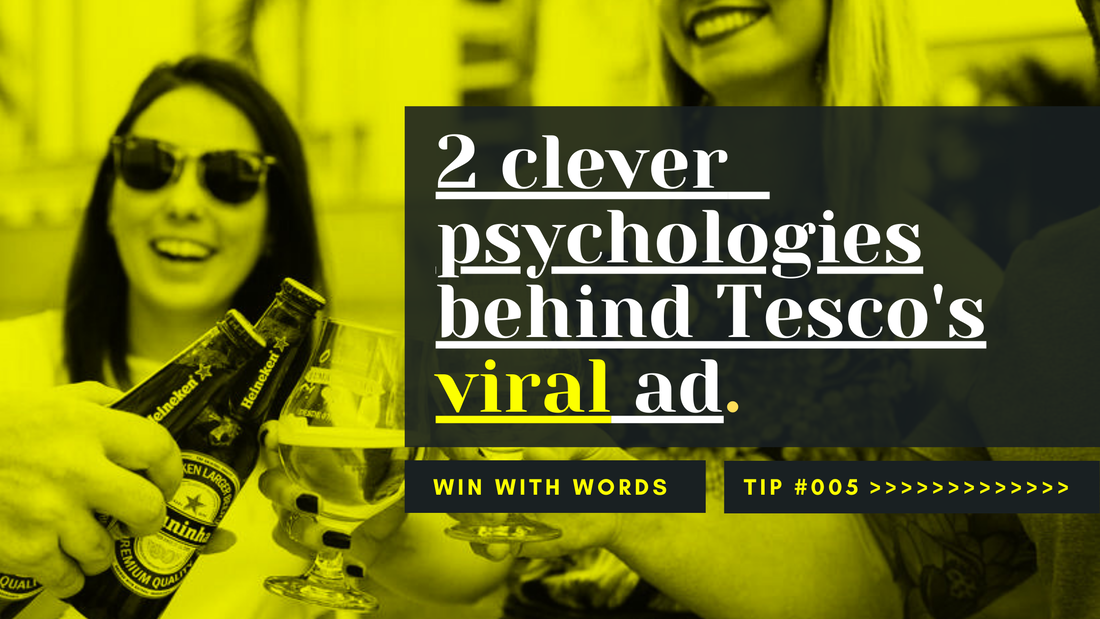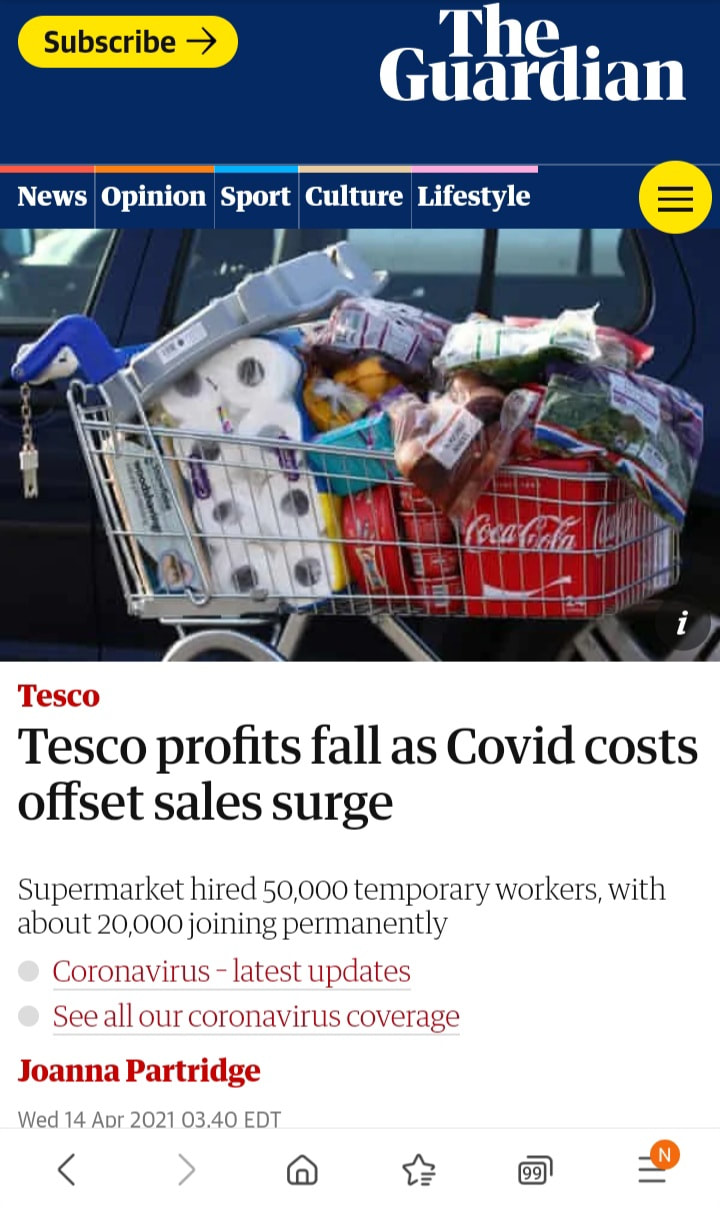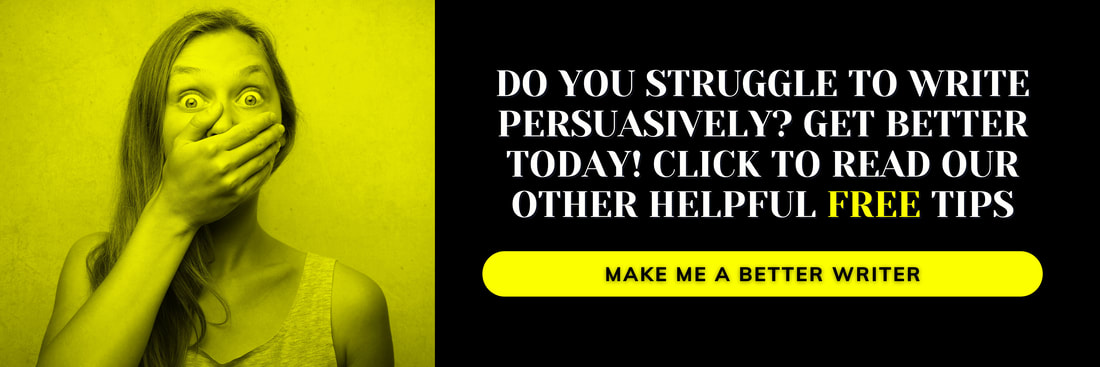|
Applause swept through Linkedin this week following Tesco's cute ad supporting the British pubs industry. My question, however, is - "Was Tesco being selfless or strategic?"
For me, the landslide of retweets and shares that followed Tesco's post was predictable - a favourable byproduct of a clever comms strategy which generated 24 hours of positive brand equity. But, from a behavioural point of view, which two psychologies did Tesco rely on to usher us into sharing and retweeting their noble gesture? Let me quickly offer you my thoughts...
1: Rule of Reciprocity The Rule of Reciprocity explores how we, as a species, express gratitude when we're given a gift. Whether that gift is a material object, a kind deed or an act of generosity, the Rule of Reciprocity is the tendency within us all to repay the act. "In nearly all cultures, the process of socialisation teaches us to share, take turns and give back to all who give to us," notes Linda and Charlie Bloom at Psychology Today. " We are likely to be shamed or ostracised if we don’t integrate the rule of reciprocity into our behaviour." By Tesco gallantly encouraging the nation to "Pop to your local if you can", forsaking their own grocery messaging while doing so, they position themselves as a selfless brand, opening the door to reciprocation. But, their good deed didn't directly benefit the Twitter or Linkedin users who zealously shared their noble act, so why did they share it? Believe it or not, the answer might lie in our tendency to care more about dogs than we do humans. Huh? Stay with me and jump to point 2, because this is fascinating.
2: Rule of Vulnerability
As the praise for Tesco engulfed my timeline, I remembered an illuminating study that suggests we (humans) are more likely to feel empathy for an injustice if we consider the victim helpless and unable to look after themselves. The US study, involving 256 college students, found that when given a fake news report about a vicious attack on an 'innocent victim', the empathy recorded by each participant was higher when the victim was revealed to be as a baby, a puppy, or an adult dog. Tellingly, when the victim was revealed to be a human adult, empathy scores were lower. So, how does this relate to Tesco's ad? Well, amid forced COVID-19 closures, the pubs industry were rendered powerless and unable to trade, right? And we, of course, relate to this suffocating impositions via our own personal and professional lives. Given this shared experience, the agency behind Tesco's charitable ad (BBH), could make a reasonable prediction that we'd eagerly share the good deed post as a reflection of our empathy and support for the featured victim: pubs. Conclusion: Was Tesco's ad selfless or strategic? Undoubtedly it was the latter, after all, within 24 hours, their 20% slump in profits was the leading news story of the day. I wonder if they deliberately primed us on the Monday with their gallant act of kindness, thus minimising the negative perceptions associated with falling profits, as revealed on Tuesday? Maybe we'll never know, definitively.
NEED HELP WITH YOUR WRITING? WE HELP BUSINESSES BY PROVIDING:
Email us on abi@iconsmachines.com or click here for FREE access to our other excessively brilliant writing & communications articles.
0 Comments
Leave a Reply. |
Categories
All
Archives
October 2023
|



 RSS Feed
RSS Feed